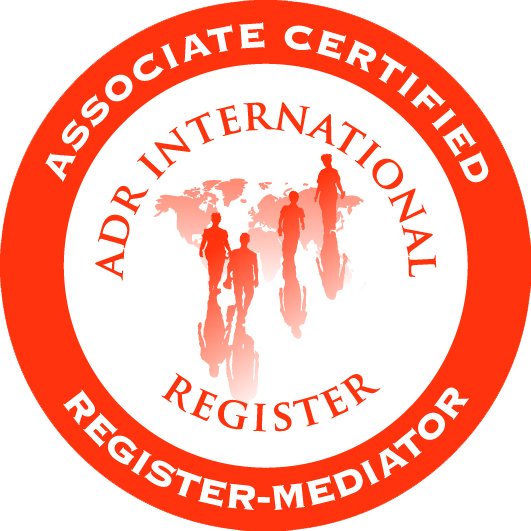About mediation
Mediation. What's it about? How does it work? Find answers to frequently asked questions below.
Mediation is a structured, interactive process where an impartial third party assists disputing parties in resolving conflict through the use of specialized communication and negotiation techniques. All participants in mediation are encouraged to actively participate in the process. Mediation is a "party-centered" process in that it is focused primarily upon the needs, rights, and interests of the parties. The mediator uses a wide variety of techniques to guide the process in a constructive direction and to help the parties find their optimal solution. A mediator is facilitative in that she/he manages the interaction between parties and facilitates open communication. Mediation is also evaluative in that the mediator analyzes issues and relevant norms ("reality-testing"), while refraining from providing prescriptive advice to the parties (e.g., "You should do...").
Mediation can be used in any kind of conflict. Most known situations are divorce and work conflict.
A complete mediation consists of multiple 'sessions', starting with individual intake sessions. During the intake sessions both participants can (shortly) explain their side of the issue directly to the mediator. The mediator will take the time to explain mediation, and what participants may expect from him or her. Intake sessions normally last up to 1 hour.
At the start of the first actual mediation session, both participants will be asked to sign the mediation agreement. The agreement has already been sent for review previously. In that agreement, both parties are named and agreements are made about confidentiality, voluntariness, costs and reporting.
When the mediation agreement has been signed, the actual mediation will start. The mediator will first ask you both to briefly tell your sides of the story. On the basis of this, the mediator will ask further questions about the various subjects or events, so that more underlying information becomes known.
A mediation session normally lasts a maximum of 2 hours. It is impossible to indicate in advance how many sessions it will take to resolve your dispute, but normally you will come a long way with three to four sessions.
That cannot be said in advance. That depends on the seriousness of the dispute and how long it has been going on.
No. A mediator is not a psychologist. You don't have to sit on the couch, and you don't have to talk about your childhood. It's all about the relationship between the two of you.
However, you may be asked to think about how you experienced certain events. Questions like 'What did that do to you?', 'How did you feel then?' or "How do you think the other person felt then?" you can expect.
No. The essence of mediation is that the parties come to a solution themselves. A mediator ensures that sufficient new information is released to arrive at that solution. For example: a man experiences his older sister as extremely patronizing and thinks that she thinks he is just a dork. During mediation it appears that the sister is very committed to him and wants to protect and help him. This is new information, which leads to a better understanding of each other's motives.
Yes, you can. If you like to bring someone along for support, you can. But please consult with the mediator first.
A mediator is always neutral and does not take sides. Even if one of the parties makes a direct appeal for the support of the mediator for his/her standpoints, the mediator will not go along. A mediator does not pass judgments. Both parties are given plenty of time and opportunity to tell their side of the story.
You don't want to repeat your fight again. You don't need a mediator for that. A mediator ensures that there is more clarity about the underlying emotions and motives. A reproach comes from somewhere, there is always a certain interest behind it. It is the mediator's job to find out, so that there is more understanding between you.
Yes, that is allowed. Mediation is based on voluntariness and one's own willingness to search for a solution to the problem. If that willingness has completely disappeared, you are free to leave the session and stop mediation. But beware: that decision also has consequences for both of you. And the mediator will want to discuss those consequences.
Mediation is a confidential process. Anything said during mediation sessions should remain confidential. This is to ensure a safe environment to say what you want to say, without the risk of hearing it back from someone else.


